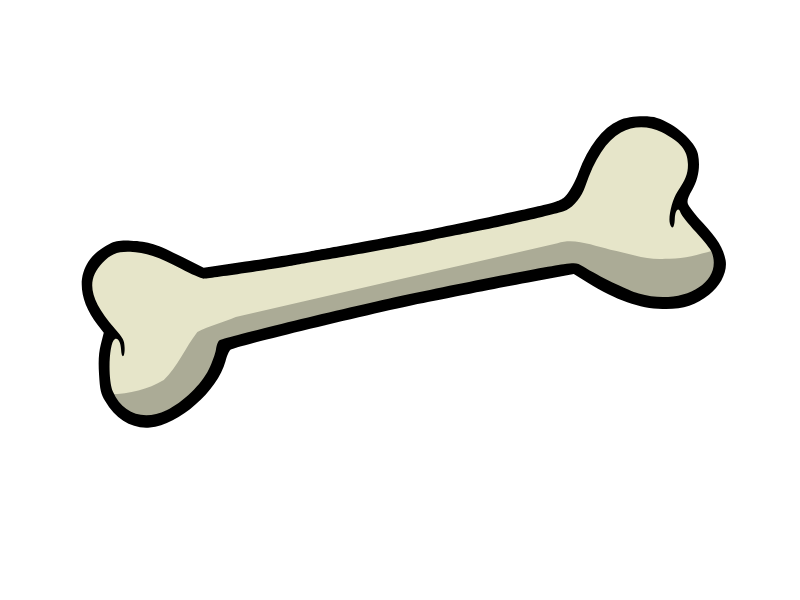Osteoporosis is a condition that causes bones to become weak and brittle, making them more prone to fractures. Anabolic steroids are synthetic hormones that mimic the effects of testosterone in the body. These substances have been used to increase muscle mass and strength, but they may also positively impact bone health.
The Role of Anabolic Steroids in Bone Health
Anabolic steroids are known for increasing muscle mass and strength by promoting protein synthesis in the body. However, they also have an impact on bone health. Studies have shown that anabolic steroids can increase bone density and bone mineral content, which may reduce the risk of fractures. In one study, men who were given anabolic steroids for six months had an increase in bone mineral density in the lumbar spine and hip.
Risks and Side Effects of Anabolic Steroids
While anabolic steroids have been shown to impact bone health positively, they are not without risks and side effects. Adverse effects of anabolic steroids on the body include liver damage, cardiovascular disease, infertility, and mood disorders. In addition, long-term use of anabolic steroids may lead to bone loss and an increased risk of fractures. This is because anabolic steroids can interfere with the normal process of remodeling, leading to weaker bones over time.
Anabolic Steroids as a Potential Treatment for Osteoporosis
Given the positive impact of anabolic steroids on bone health, some researchers have suggested that these substances could potentially treat osteoporosis. Anabolic steroids could help to increase bone density and reduce the risk of fractures in people with osteoporosis. However, the use of anabolic steroids for osteoporosis is not without risks. Anabolic steroids may have different effects on bone density in other parts of the body, and they may not be as effective as traditional osteoporosis treatments such as bisphosphonates.
Benefits for Treating Osteoporosis in UK
Osteoporosis is a condition that causes bones to become brittle and fragile, making them more likely to break. In the UK, osteoporosis is a common condition that affects around 3 million people. Treating osteoporosis can provide a number of benefits, including:
Reduced risk of fractures: Osteoporosis increases the risk of fractures, particularly in the hips, spine, and wrists. Treating osteoporosis can help to reduce this risk and prevent fractures.
Improved quality of life: Fractures caused by osteoporosis can have a significant impact on a person’s quality of life, leading to pain, disability, and reduced mobility. Treating osteoporosis can help to improve a person’s quality of life by reducing the risk of fractures and allowing them to remain active and independent.
Reduced healthcare costs: Fractures caused by osteoporosis can be costly to treat, often requiring hospitalization and surgery. Treating osteoporosis can help to reduce these costs by preventing fractures and reducing the need for hospitalization and surgery.
Improved bone density: Osteoporosis causes bones to become weaker and less dense. Treating osteoporosis can help to improve bone density and reduce the risk of fractures.
Lowered mortality risk: Osteoporosis-related fractures can increase the risk of mortality, particularly in older adults. Treating osteoporosis can help to reduce this risk and improve overall health outcomes.
Overall, treating osteoporosis in the UK can provide significant benefits for individuals, healthcare systems, and society as a whole.
Conclusion
Anabolic steroids have been shown to positively impact bone health by increasing bone density and reducing the risk of fractures. However, they are not without risks and side effects, and the long-term consequences of anabolic steroid use for bone health are not yet fully understood. While anabolic steroids could be a potential treatment for osteoporosis, further research is needed to determine their safety and effectiveness compared to traditional osteoporosis treatments. In the meantime, lifestyle modifications and medications such as bisphosphonates remain the osteoporosis care standard.
FAQs
Q: What is osteoporosis?
A: Osteoporosis is a medical condition characterized by a decrease in bone density and an increase in the risk of fractures. This condition affects millions worldwide, especially postmenopausal women and older people.
Q: What are anabolic steroids?
A: Anabolic steroids are synthetic hormones that mimic the effects of testosterone in the body. These substances have been used to increase muscle mass and strength, but they may also positively impact bone health.
Q: Can anabolic steroids help with osteoporosis?
A: Some studies have shown that anabolic steroids can increase bone density and bone mineral content, which may reduce the risk of fractures. However, using anabolic steroids for osteoporosis is not yet widely accepted. More research is needed to determine their safety and effectiveness compared to traditional osteoporosis treatments such as bisphosphonates.
Q: What are the risks and side effects of anabolic steroids?
A: Anabolic steroids are not without risks and side effects, including liver damage, cardiovascular disease, infertility, and mood disorders. Long-term use of anabolic steroids may also lead to bone loss and an increased risk of fractures.
Q: Are there alternative treatments for osteoporosis?
A: Yes, there are several alternative treatments for osteoporosis, including lifestyle modifications, calcium and vitamin D supplements, and medications such as bisphosphonates and hormone replacement therapy. Talking to your doctor about the best treatment plan for your specific needs and health history is essential.
Author

Dr. Aditya K. Sharma
I am Dr. Aditya Sharma, a dedicated urologist specializing in kidney transplants and advanced urological surgeries. My career is driven by a passion for delivering exceptional care and pioneering surgical techniques. Outside the operating room, I have a keen interest in studying the effects of anabolic steroids on bodybuilding, seeking to understand the fine line between enhancing performance and maintaining health.








